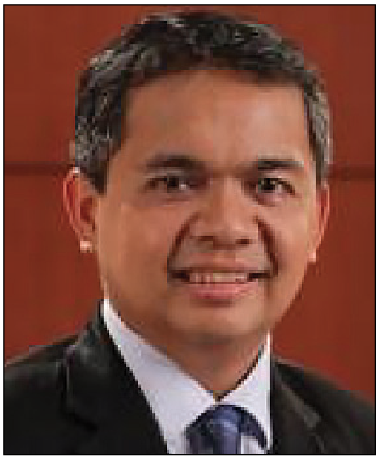 By Neptali B Salvanera, ACCRA Law
By Neptali B Salvanera, ACCRA Law
German-American socialist editor and author, Oscar Ameringer, once said: “Politics is the gentle art of getting votes from the poor and campaign funds from the rich, by promising to protect each from the other.” This is, indeed, a tough balancing act if at all possible. President Rodrigo Duterte found this to be so, at least with respect to the issue of “contractualisation”.
During the 2016 elections campaign, he promised, as did the other candidates to be fair, to put an end to the “Endo” or the practice of engaging employees on a contractual basis, thus, avoiding the onset of regularisation. To this end, his administration has issued DOLE Department Order No. 174. Just recently on May 1, 2018 (Labour Day) and in a dramatic fashion, he signed the much-anticipated Executive Order No. 51 (EO 51) and, the tough guy that he is, warned firms involved in labour-only contracting that “their days were numbered”. Malacañan immediately claimed that this was the fulfilment of the president’s campaign promise to end the Endo. But is this really the case? Or, as Shakespeare said, is it just a case of much ado about nothing?
Let me count the ways
The EO expressly prohibits “illegal contracting”. It says: “Contracting or subcontracting when undertaken to circumvent the worker’s right to security of tenure, self-organisation and collective bargaining, and peaceful concerted activities … is hereby strictly prohibited.” Pro-labour? Not so fast. Illegal contracting has always been illegal since Adam. That is why it is illegal in the first place. The Labor Code says labour-only contracting is illegal. Certainly, the EO did not make it so. So nothing much here. Fuss over nothing.
Next, the EO provides that: “In case the compliance order involves a directive to regularise workers, the employment of the latter shall not be terminated pending appeal of such order except for just or authorised cause.” Again, this is not new. This is already in a previous DOLE Department Order on the conduct of inspection, ie DO 183. If at all, the EO even made this pro-management. Under DO 183, there is no qualification, at least not explicitly — ie pending appeal, the employees shall not be terminated. Full stop. Under the EO, the employees can be separated if there is just or authorised cause. So the employees can be separated due to redundancy pending appeal? Hell yes, and it’s a management prerogative. So much for security of tenure.
The EO further provides that the “Secretary of Labor and Employment may, by appropriate issuances, in consultation with the National Tripartite Industrial Peace Council … declare activities which may be contracted out.” Finally, a new provision under the EO. But this could swing either way. The secretary’s determination may or may not be in favour of labour. And the question is, can the secretary go against the Labor Code and case law? The Supreme Court has time and again ruled that even core activities can be contracted out. Ditto with the Labor Code. So, playing it safe, the secretary can just say he will act in accordance with the law and jurisprudence and we are back to square one.
At bottom, therefore, the EO is just much EndO about nothing. In trying to balance the interests of labour and management, the EO comes up short. It is neither here nor there. Even the president himself said that the EO has “no teeth”. The president, prior to the issuance of the EO, had said that it is not within his power to prohibit absolutely contracting out, let alone legitimate. It is up to the Congress to do that. He should have stuck to such a position. He should not have issued the EO, May 1 or not. Arguably, he has a point because Article 106 of the Labor Code only gives the DOLE secretary the power to regulate contracting out per se. Of course, our friends from the labour sector do not agree. They never agree anyway.
But I agree. Let the Congress do it. The House of Representatives has approved House Bill 6908 and the battle is now in the Senate. Let’s see where this Endo saga, with politicians steering, will lead us. The more important question is, will Congress end Endo? I want to give Congress the benefit of the doubt even as I am again and again reminded of Ameringer.
This article first appeared in Business World, a newspaper of general circulation in the Philippines. The author is a partner and monitor at the labour and employment department of the Angara Abello Concepcion Regala & Cruz Law Offices (ACCRALAW). The views and opinions expressed in this article are those of the author. This article is for general informational and educational purposes only and not offered as and does not constitute legal advice or legal opinion.

T: (632) 830 8000





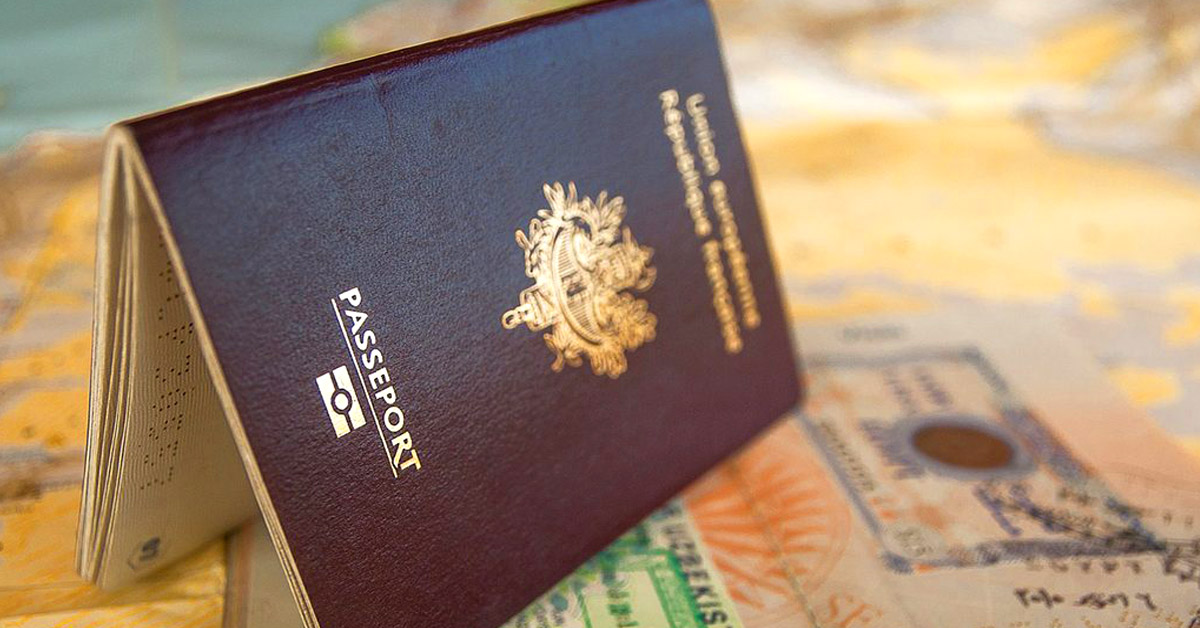
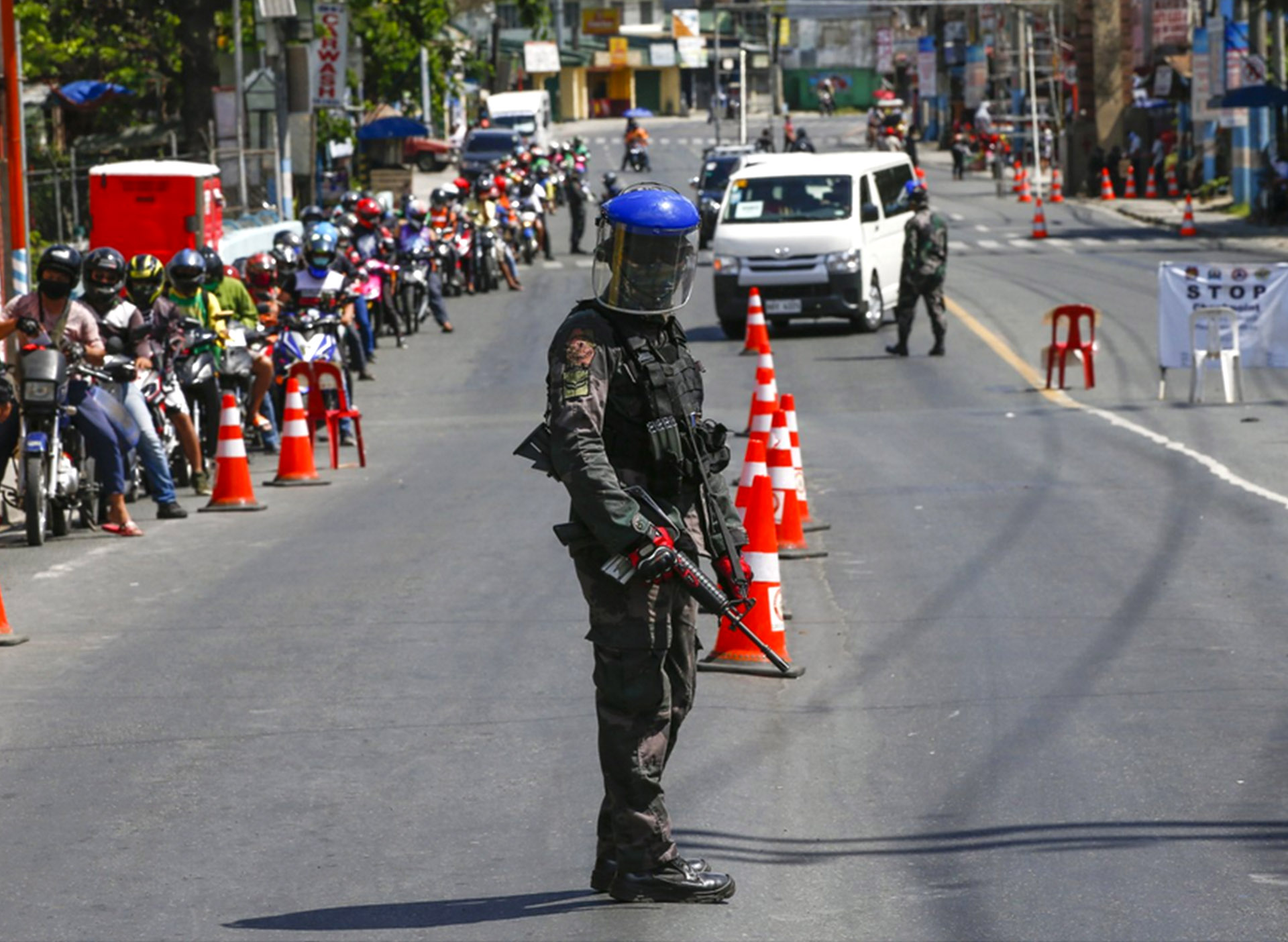












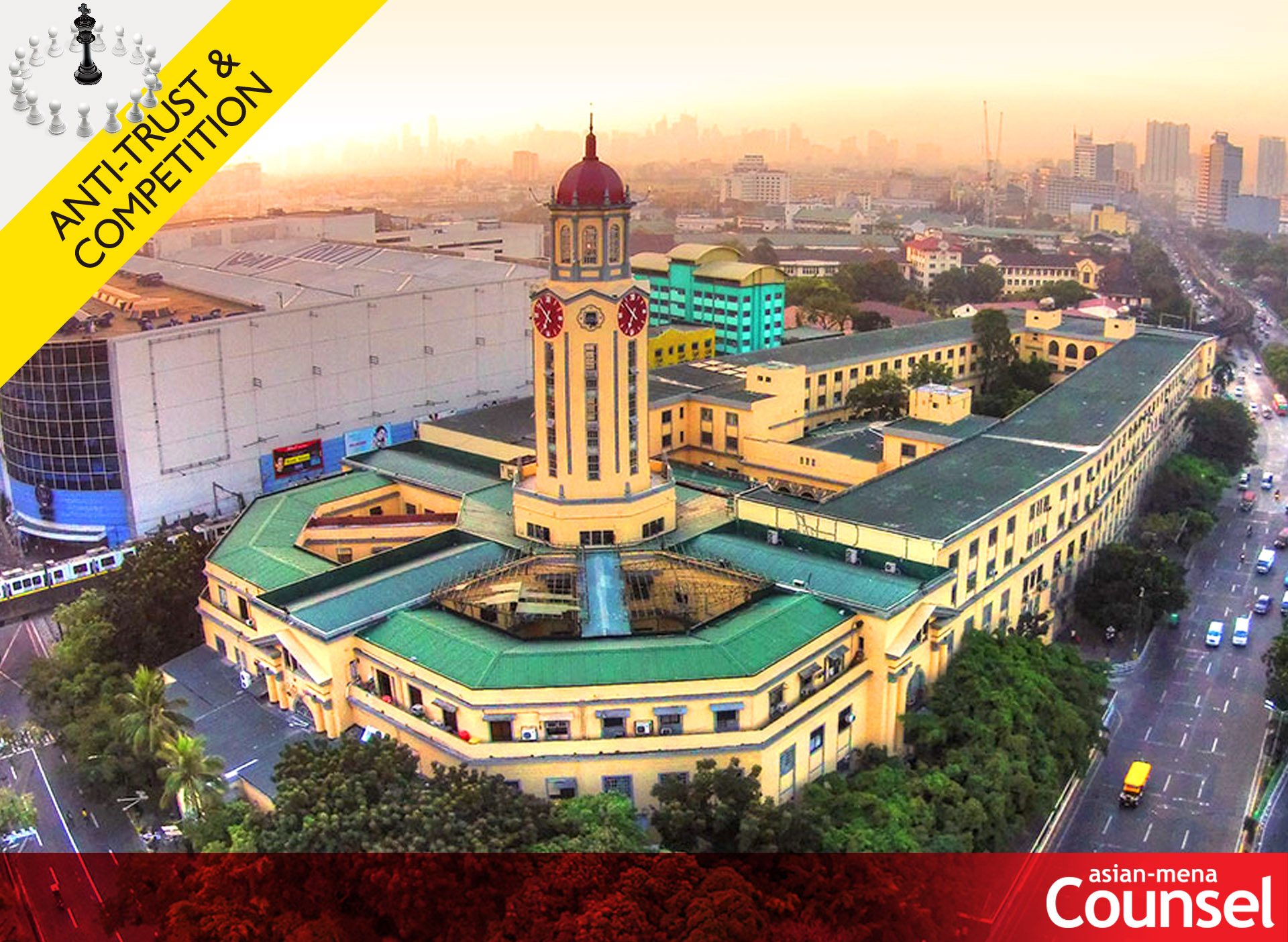












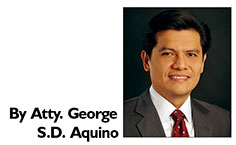







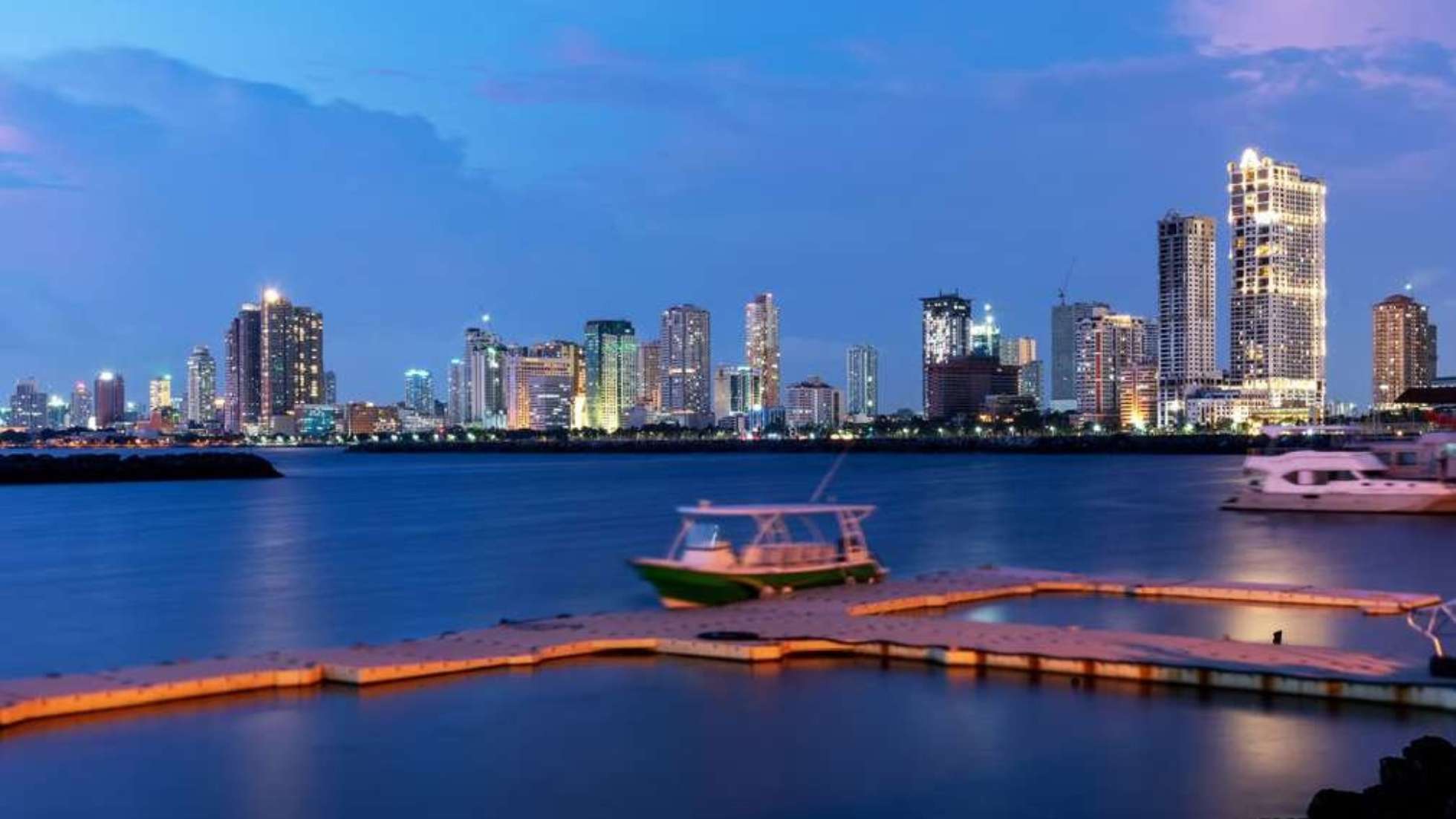


 Angara Abello Concepcion Regala & Cruz Law Offices (ACCRALAW)
Angara Abello Concepcion Regala & Cruz Law Offices (ACCRALAW)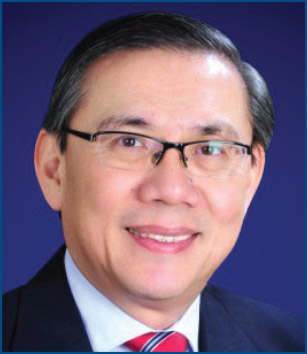 Emerico O. De Guzman
Emerico O. De Guzman



